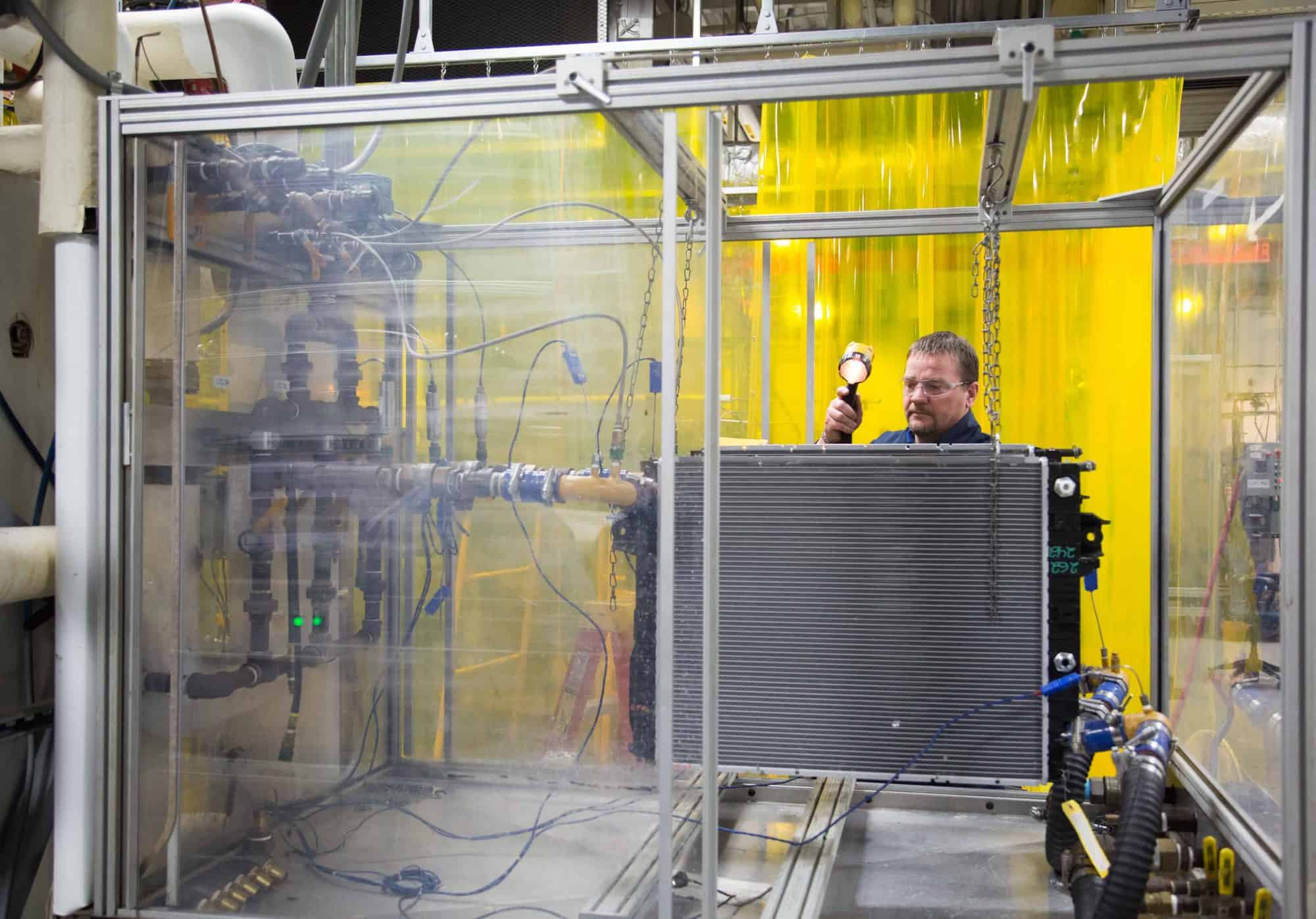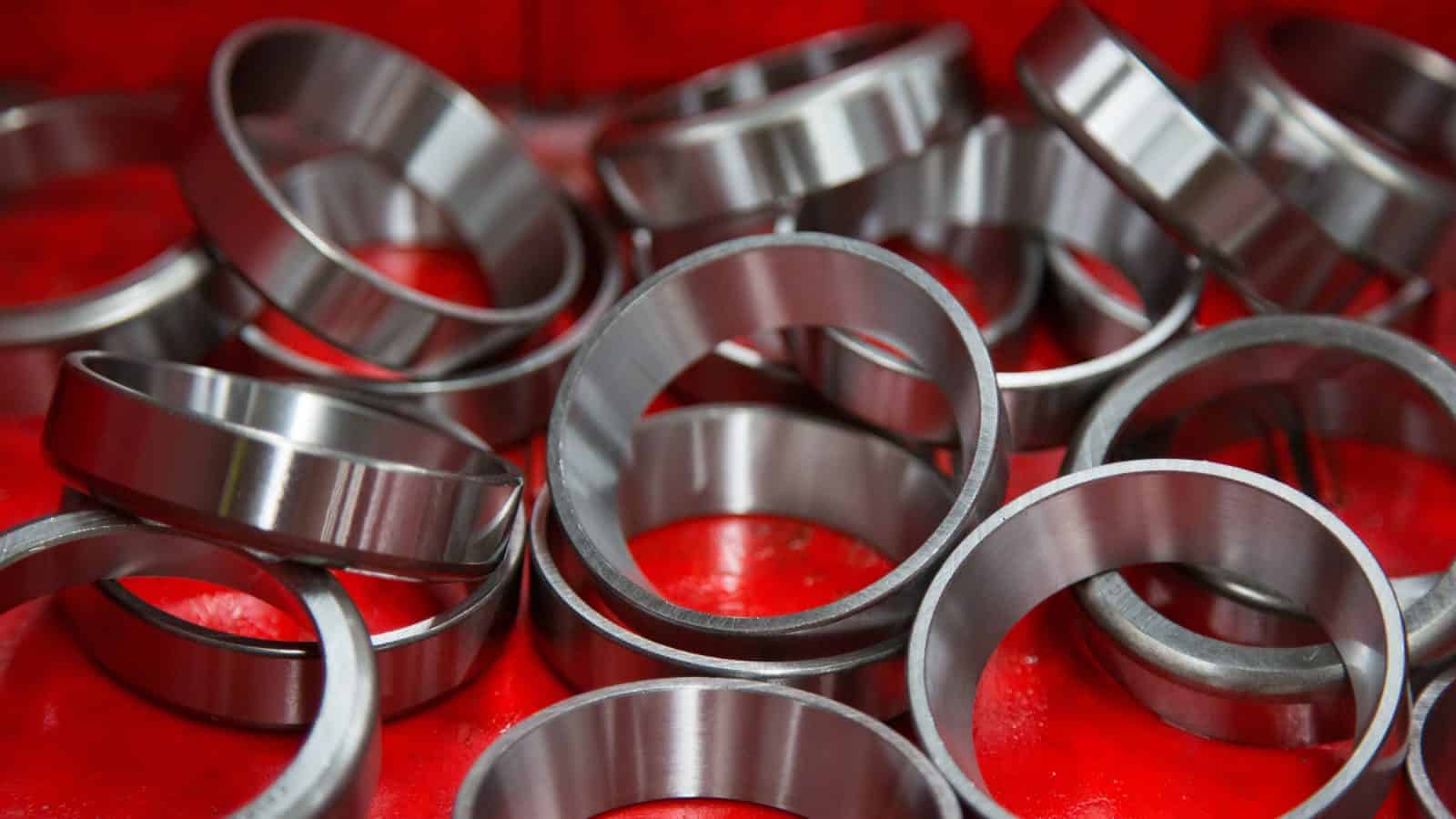Manufacturers Fight COVID-19 But Face Legal Obstacles

As COVID-19 affects communities nationwide, manufacturers are taking extraordinary steps to supply the products, including daily essentials and medical supplies, that Americans need. Unfortunately, outdated liability rules might expose these same manufacturers to litigation, creating added risk as they go above and beyond for the COVID-19 response. National Association of Manufacturers General Counsel Linda Kelly explains.
What’s the problem manufacturers face?
Our country needs manufacturers to produce food and critical goods so that most of us can shelter in place and slow the virus’ spread. Our sector has also stepped up in an unprecedented way. For example, NAM members have started to produce masks, gowns and other equipment for use on the front lines, and they didn’t wait around until they had perfect legal certainty before they acted to do the right thing. Some of our members have donated the equipment that they would use to local hospitals.
Unfortunately, even as manufacturers are making sacrifices and performing essential services, unprecedented regulatory uncertainty and rapid changes in the rules make it hard to know what actions could expose manufacturers to unfair litigation. Manufacturers always put the health and wellbeing of employees and families first. So manufacturers are stuck: they’re committed to doing the right thing, but they could also face lawsuits as a result.
What do manufacturers need to solve this problem?
America’s manufacturers need sensible liability protections for the workplace so our essential workers can continue to combat COVID-19 and help the nation move toward recovery. In an unprecedented time of national need, America’s manufacturers have stepped up to aid those on the front lines with essential equipment and materials and to maintain our way of life. And our elected officials should protect those who, without being asked, did the right thing.
What should those protections look like?
The NAM has developed a list of proposed reforms: commonsense adjustments to help ensure we have enough food on the table, equipment for our hospitals and eventually vaccines and life-saving drugs for our world.
We need protections for the workplace so critical manufacturers can continue to operate. We need to extend Good Samaritan protections to cover those who donate equipment, or who may be producing protective gear or even ventilators and more complicated medical equipment for the first time. We need to bar suits for public nuisance against critical manufacturers, as well as shareholder suits that try to “Monday-morning quarterback” decisions manufacturers have to make every day in the face of tremendous regulatory uncertainty.
Who should these reforms apply to?
These are specific, narrow reforms. They should be limited to critical businesses that operate to serve our country during the crisis, and they should apply only during the emergency and for a “wind-down” period after the declared emergency ends. We need reforms that prevent abuse of our legal system, while at the same time holding any actual bad actors accountable.
This is an unprecedented situation—and we need regulatory certainty that meets the moment.
See the NAM’s pandemic liability policy recommendations.
